|
Eat, Drink, and Make Merit
By Anne Mocko (MA’04, PhD’12) | June 16, 2016
“Not only did the puja enrich my understanding of vernacular Buddhist practice, but it made me feel significantly better about my friend. I still feel sad, but I also feel less helpless, more peaceful for having had the chance to express outwardly my care for him and my hopes for his coming journey. Not least, I feel better for having solemnized my feelings in the company of others. It was healing to have half a dozen women and two monks spend two hours sitting with me, carrying and chanting and pouring with me, helping me make merit, and sending on my behalf the merit that they themselves made.” (READ)
|
|
Stopping by Rothko: Art, Memory, and Brain Science
By Kristine A. Culp (PhD’89) | December 6, 2016
“Rothko’s paintings won’t tell us what or how to worship or, for that matter, what will enhance or endanger life. However, they can disrupt conventions and elicit new ways of attending to the ambiguous glories of life and its openness to the living mystery that extends beyond. So much seems possible—knowledge of the infinitesimal cellular exchanges of the brain and of the dark matter of the universe—and so much seems threatened or unsustainable. We will not fathom these vast enigmas, but stopping by Rothko may allow us to sense and to ponder the power and limits of our lives, and the responsibilities beyond our own selves to which we are summoned.” (READ)
|
|
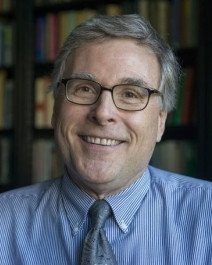 Spiritual Laws and the Spirit of Laws Spiritual Laws and the Spirit of Laws
By William Schweiker (PhD’85) | December 15, 2016
“An example of a ‘spiritual law’ within the Christian tradition is Jesus’s command to love the enemy, based on the example of God sending the sun and rain on the righteous and unrighteous (Mt 5:43-48). God’s reign runs counter to our world that readily pits ‘good’ against ‘evil’ in a battle to the death. According to Jesus’s teaching, the perfection of life is found, paradoxically, by imitating God’s action in this world of conflict through the distribution of goods needed for life to endure, unmoored from moral discriminations, with the hope—and trust—that the wrongdoer will repent. The repentance of the wrongdoer is the ‘hope’ of God and what the goodness of creation is to evoke.” (READ)
|
|
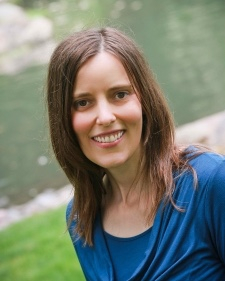 Resistance Gardens and Critical Pedagogy Resistance Gardens and Critical Pedagogy
By Lea F. Schweitz (MA’00, PhD’08) | March 13, 2017
“Our community garden is not a World War II victory garden; it is a resistance garden. Resistance to the idea that difference demands polarization. Resistance to the repeated narrative that Chicago is only a war zone. Resistance to the narrative that nature is primarily for white men who can afford it. Resistance to the idea that nature is tucked away in remote wilderness rather than readily available in the concrete jungle—even when it is planted next to a ‘concrete park.’ In the Lutheran tradition of which I am a part, it is part of the resistance to the claim that nature is primarily a commodity.” (READ)
|
|
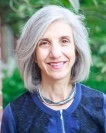 Making Finitude Visible: The Ethics of Sustainability Making Finitude Visible: The Ethics of Sustainability
By Maria Antonaccio (MA’85, PhD’96) | March 31, 2017
“My research interprets the rapid spread of sustainability discourse in recent decades not only as a practical response to social and environmental problems like climate change, but also as a cultural phenomenon with moral-existential significance. Among the most salient anxieties underlying sustainability discourse, I contend, is the worry about whether the biophysical conditions of life can be maintained into the indefinite future given the scope and intensity of humanity’s impact on the planet. This anxiety about finitude is the affective background from which the question of our obligation to future generations arises.” (READ)
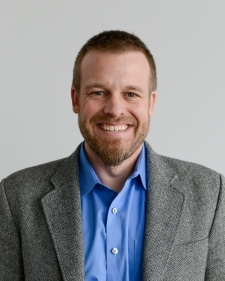 American Immanence, Resilient Democracy American Immanence, Resilient Democracy
By Michael S. Hogue (MA’00, PhD’05) | May 23, 2017
“Spiritually grounded and seeded with insights from systems theory and American pragmatism and process philosophy, resilient democracy is a normative theory of democracy as a form of life. It is about the symbolic and spiritual textures, the political and economic practices, the material and ecological conditions, and the moral purposes of our associational lives. As a normative theory, resilient democracy is morally charged: it is committed to generating, guiding, and sustaining efforts to enhance social, economic, and environmental justice.” (READ)
Image: The University of Chicago's Gleacher Center in downtown Chicago, where The Enhancing Life Project's capstone conference will take place August 4-6 | Photo Credit: mason.flickr/Flickr (cc)
SIGHTINGS is edited by Brett Colasacco (AB’07, MDiv’10), a PhD candidate in Religion, Literature, and Visual Culture at the University of Chicago Divinity School. Sign up here to receive SIGHTINGS via email.
|
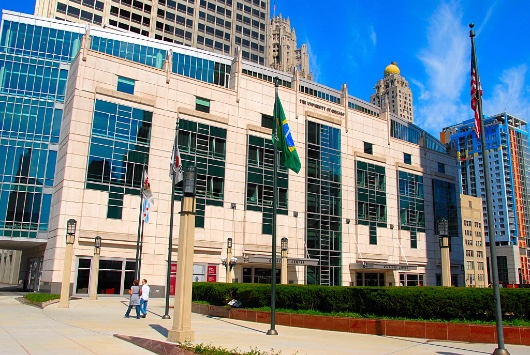 Editor’s Introduction
Editor’s Introduction




